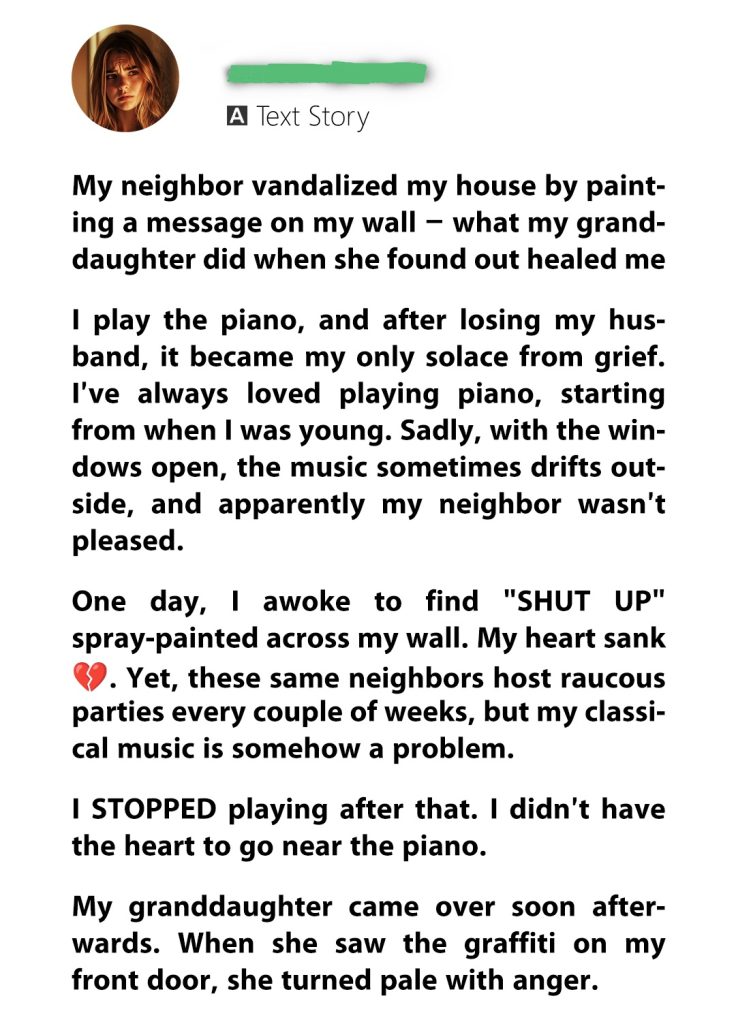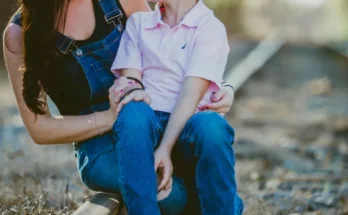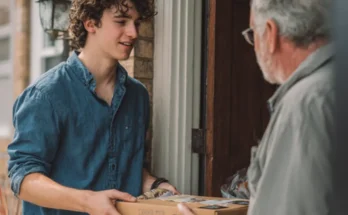I still talk to Jerry when I play. I set his photo on the piano lid, touch the frame, and tell him what I’ll play next—usually “Moon River,” because he’d hum the chorus off-key until we both laughed. Five years have passed since he slipped away, and the piano is the thread that still ties the days to him.
Late one morning, I was midway through Chopin when a fist thudded against my window. A red-faced man stood outside, shouting through the glass that I was “keeping the whole neighborhood awake.” It was 11 a.m. I closed the lid, palms stinging with embarrassment. The next day I shut the windows and played quietly, but the doorbell rang hard and fast. His wife glared. “The grave’s calling and you’re still banging on that piano. Stop it or I’m reporting you.” When the door clicked shut, the house felt suddenly too large for one old woman and a tabby cat.
I tried to be smaller—shorter practice, cardboard over the panes, hands hovering instead of landing—but the next morning the message arrived anyway, sprayed across my garden wall in angry red: SHUT UP. I crumpled to the path, breathless. The piano lid stayed shut the rest of that day. I didn’t even whisper goodnight to Jerry.
That evening my son called, and the story spilled out between my attempts to protect him from worry. He listened, then said gently, “Mom, you’re not a nuisance. Your music raised me.” He promised to tell Melissa, my granddaughter.
Two days later, the front door opened on a burst of sunlight and perfume. “Nana!” Melissa wrapped me in her arms—then saw the wall. Her face hardened in a way I’d only seen when she was fighting for a promotion. “Who did this?” I told her everything: the banging, the threats, the paint. “All right,” she said, squeezing my hands. “They think cruelty is power. Let’s teach them what community—and a pianist with a backbone—sounds like.”
That evening she was everywhere at once: on the phone with the handyman, knocking on familiar doors, slipping into the shrubs by the neighbors’ windows. “A little theater,” she winked. When the couple returned home, the quiet hedges began to breathe music—soft, lilting piano, the kind you hear from a memory. The two marched outside, squinting into the bushes, and the soundtrack shifted: barking dogs, a chorus of car alarms, then—because my granddaughter is still half twelve—an operatic procession of comic raspberries. I clapped a hand over my mouth and laughed until my ribs ached. For the first time since the paint, I felt taller.
The next morning a crew arrived with rolls of acoustic paneling and a respectful hello. “Gift from Melissa,” the foreman said. By evening my living room had become a modest studio: thick curtains, a proper door sweep, panels that drank the echoes and handed back a room-sized hush. “Now you can play when you want,” Melissa said, sitting beside me on the bench. “No permission slips needed.”

I lifted the lid. The first notes shook a little; then muscle memory found its way home. The melody unfurled, and with it the steadiness I’d misplaced. I saw Jerry’s reflection in the polished wood—not really, but close enough to steady my hands. When the last chord settled, Melissa kissed my cheek. “You never lost your voice, Nana. You just let somebody else hold the volume knob.”
Before she left, she pressed a small remote into my palm. “For emergencies. But I don’t think you’ll need it. The neighbors you’ve had for years are on your side.” As her taxi pulled away, my phone buzzed. A text from my son: so proud of you. keep playing. love you. I typed back with hands that felt young.
I went outside with a bucket and scrubbed at the painted words until they faded to pink ghosts and then to nothing at all. Inside, the piano waited. I set Jerry’s photo on the lid, the way I always do, and spoke into the quiet. “This one’s for us,” I said, and began again—because love deserves to be heard, and grief, when given music, becomes something the heart can carry.


